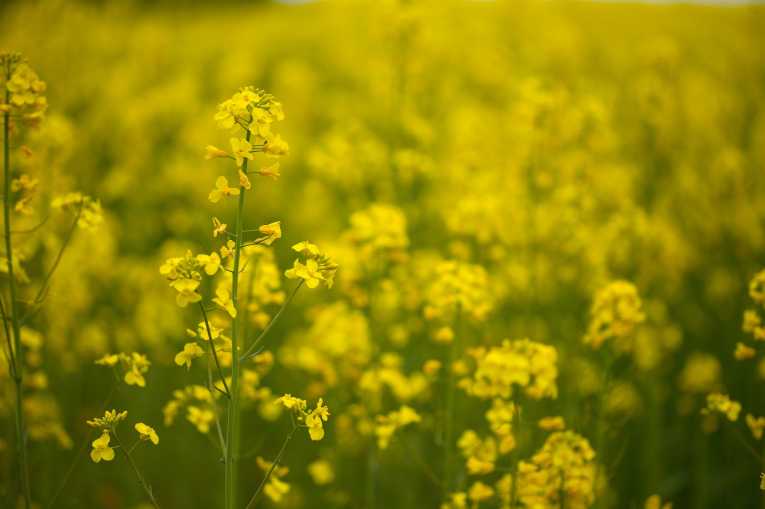A new certificate will tell consumers that the biofuels they choose are produced to the highest possible ecological and social standards says the Roundtable on Sustainable Biofuels (RSB).
The RSB Certification System was unveiled yesterday at the World Biofuels Markets 2011 in Rotterdam, promising to give producers a way into highly regulated markets like the European Union.
The RSB certification system assures the sustainability and traceability of feedstocks and fuels.
''The RSB standard is the result of a four year effort building a global consensus of over 120 organizations from farmers and biofuel producers to refiners, regulators, civil society and inter-governmental organizations.'' said Juan Marco Alvarez, Director of the Economy and Environmental Governance group at the International Union for Conservation of Nature (IUCN). ''The RSB has elevated the role of social and environmental safeguards, emphasising the critical aspects of sustainability in the biofuels sector. It is now ready to start making it achievable.''
While biofuels are often seen as a possible green alternative to oil, they are not without their critics. Growing the raw materials for the fuels can divert land away from food production for the poorest people on the planet. What, argue critics, is the point of replacing oil with biofuels if to grow the raw source crops causes deforestation, soil erosion and pressure on water sources.
The new certification system will, according to the RSB, answer some of these questions.
An RSB certificate will show that the producers have met standards of production; allow the fuel to be traced back along the full length of its supply chain, and, show that the biofuel has been produced sustainably.










